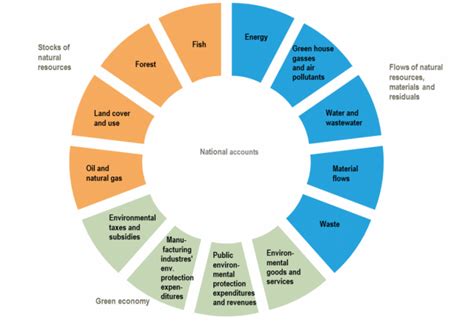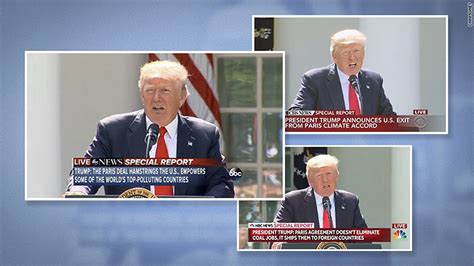—
Missing Puzzle Piece
Imagine a world where we track the health of our economy meticulously but overlook a crucial element that impacts every aspect of our lives – the environment. Yes, you read that right! Our national accounts have been diligently recording economic data for over half a century, providing us with valuable insights into industries, income distribution, and expenditure patterns. But amidst all this number-crunching, one vital piece is conspicuously absent – information on the state of our environment.
This missing link not only skews our understanding of economic health but also blinds us to the profound interplay between environmental well-being and financial prosperity. The productivity of sectors like agriculture hinges on environmental conditions, yet changes in environmental health remain invisible in our national accounts. Moreover, the detrimental effects of economic activities on the environment and human health are conveniently tucked away from scrutiny.
—
The Call for Integration
While snippets of data on water quality, biodiversity, air pollution, and more exist across various sectors, they languish in isolation without a cohesive narrative. Imagine trying to solve a jigsaw puzzle with pieces scattered far and wide – that’s how fragmented our current system is when it comes to environmental information.
But here’s the ray of hope – integrating environmental data into national accounts can revolutionize how we perceive economic progress. Businesses have been spearheading this integration through “integrated reporting,” aligning financial performance with sustainability metrics. The United Nations has also championed this cause through the System of Environmental-Economic Accounting (SEEA), advocating for standardized practices worldwide.
—
Australian Progress
Australia hasn’t lagged behind in this paradigm shift towards holistic accounting approaches. The Australian Bureau of Statistics recently unveiled the Australian System of Environmental-Economic Accounts to bridge the gap between economic indicators and environmental realities. While these accounts are still a work in progress and lack comprehensive coverage, they represent a significant step towards acknowledging the intrinsic link between economy and ecology.
One striking revelation from these nascent environmental accounts is the alarming surge in solid waste generation over recent years. This surge not only poses challenges for waste management but also signifies inefficiencies in resource utilization and heightened greenhouse gas emissions – issues that demand urgent attention.
—
Future Outlook
As discussions around climate change intensify and budget allocations become increasingly critical, incorporating comprehensive environmental accounting becomes imperative. These enhanced accounts can unravel hidden costs and benefits associated with carbon sequestration initiatives while shedding light on other crucial aspects like water quality preservation and biodiversity conservation.
By weaving together environmental, economic, and social datasets seamlessly, policymakers can make informed decisions that prioritize sustainable development over short-term gains. Picture a scenario where every government or business choice considers not just financial implications but also ecological footprints – that’s the future envisioned through robust environmental accounting practices.
Until we embrace this integrated approach wholeheartedly, critical decision-making processes such as budget planning will lack essential insights into sustainability challenges ahead. Let’s strive for an inclusive financial landscape where numbers tell not just profit margins but also tales of responsible stewardship towards our planet’s well-being.








Leave feedback about this